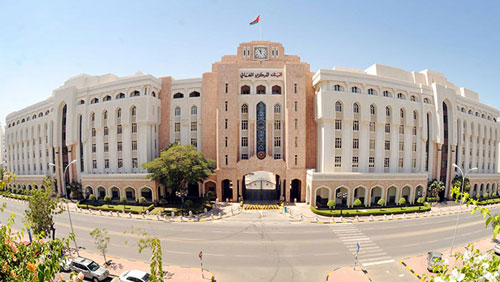Muscat
Oman’s Islamic banking sector growth is likely to continue apace in 2021-2022 following strong momentum in 2020 despite the pandemic and lower oil prices, Fitch Ratings said in a new report.
Islamic financing in Oman grew by 9.5 percent in 2020, compared with the conventional banks’ loan growth of 2.1 percent.
This was driven by demand for Islamic products, support from conventional banks offering Islamic products through their Islamic windows, and regulations supportive of Islamic finance.
The market share of Islamic banking and Islamic windows increased to 14.3 percent at end-2020 (compared to 13.6 percent end-2019), with total assets of 5.1 billion Omani rials (13.5 billion).
This is high considering that Oman was the last Gulf Cooperation Council (GCC) country to introduce Islamic banking in 2013.
In contrast, Islamic banking has been present in Indonesia and Turkey for more than two decades but market shares there are below 8 percent, Fitch said.
Omani Islamic banks are adequately capitalised with reasonable profitability and asset quality indicators, “reflecting conservative regulation and relatively low-risk business models.”
Payment holidays and flexibility allowing banks not to classify financing as impaired when payments are deferred mask underlying asset quality.
“We expect the weakening operating environment to pressure profitability and asset quality in 2021-2022, particularly in the real estate, construction and manufacturing sectors.”
However, the sector’s growth potential is high given Oman’s Muslim-majority demographics and low banking penetration.
Only 56 percent of the adult population had a bank account in 2016, with 14 percent of adults citing religious reasons for not having an account, according to the World Bank.
Islamic banking penetration is likely to increase through training and awareness campaigns, new products and the greater use of fintech to target customers.
Challenges for the sector include limited short-term sharia-compliant investment options to place excess liquidity, a relatively low capital base and low customer awareness of Islamic products.
Short-term sharia-compliant investment options are limited due to regulations preventing Islamic banks and Islamic windows from placing funds with conventional banks or parent banks, and the regulatory ban on ‘tawarruq’ products, which in other Islamic finance jurisdictions are typically used for interbank funding and personal financing.—Zawya News










